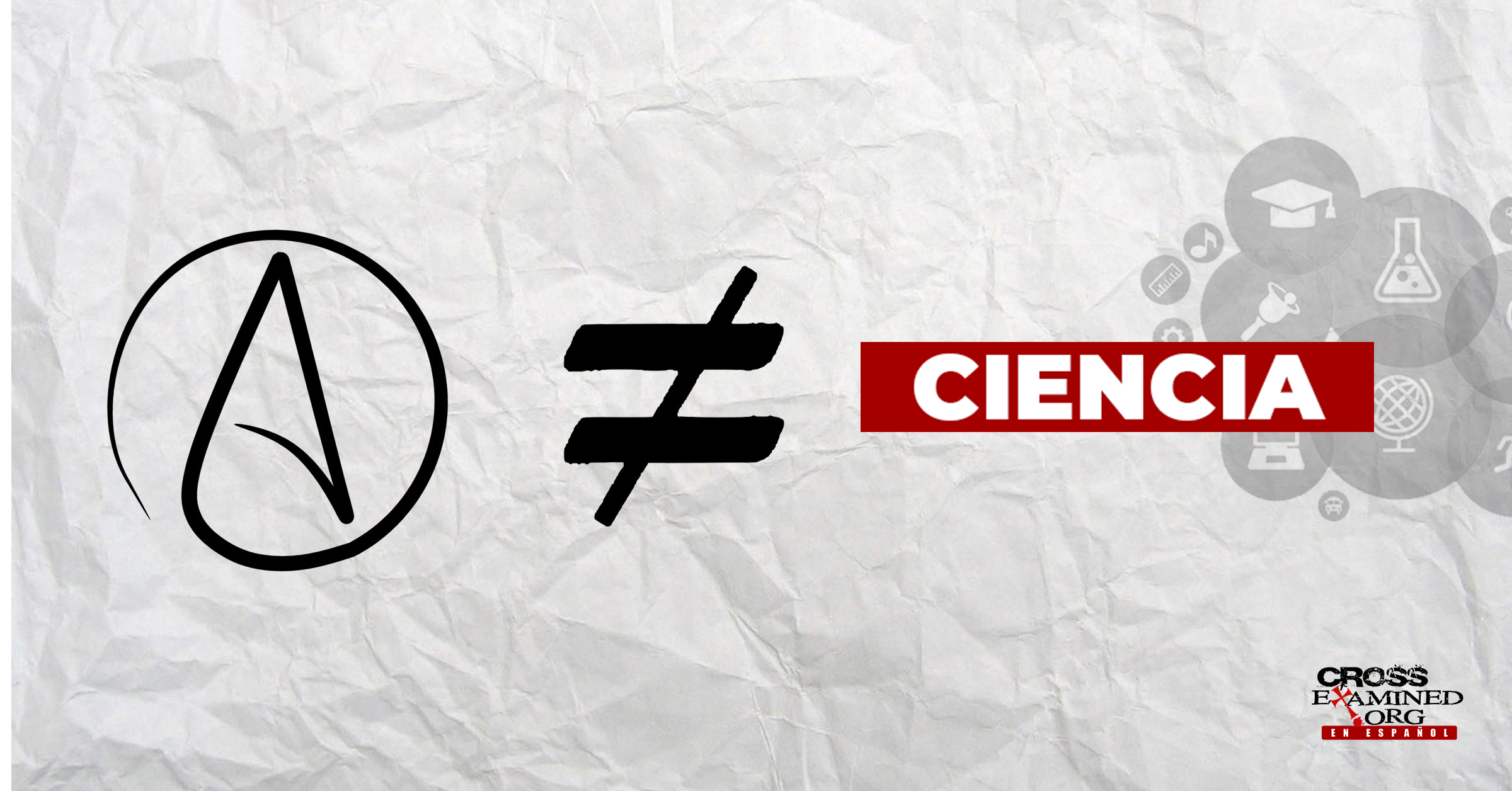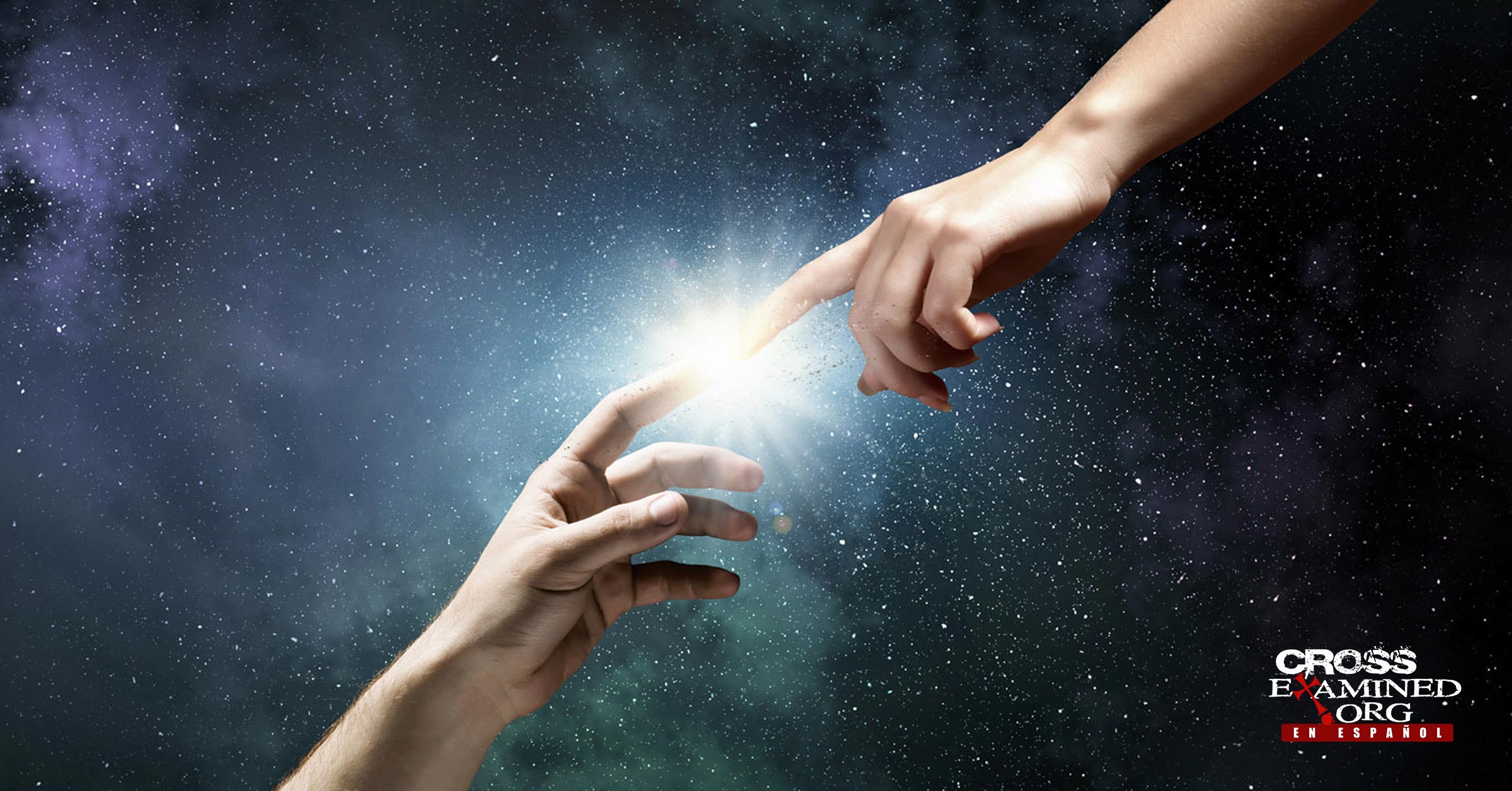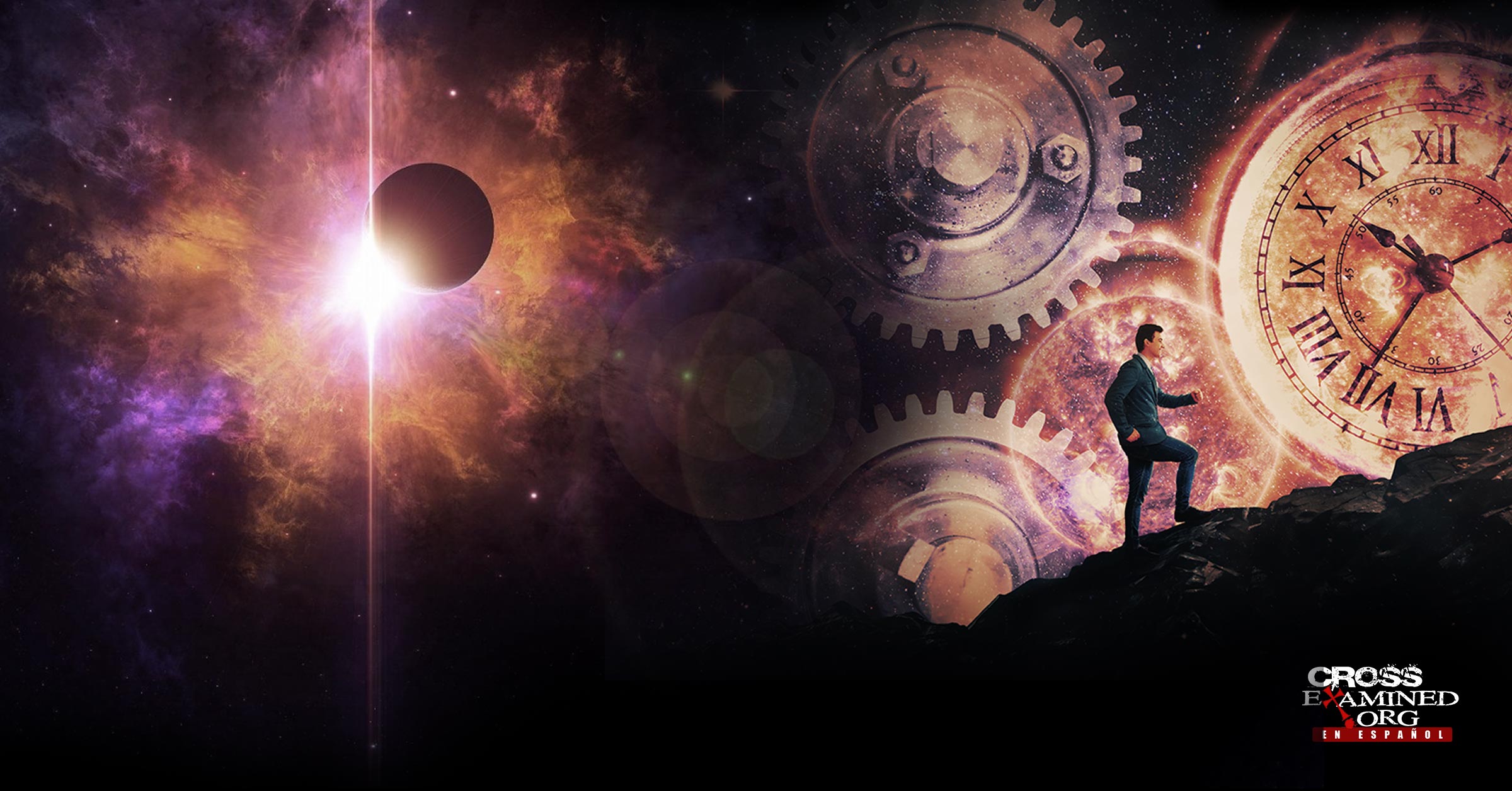Bienvenidos a la segunda entrega de mi serie “Cosas que dicen los ateos”[i]. (Lea la parte 1 aquí.) Esta serie está dedicada a los malos argumentos y declaraciones que algunos ateos (el tipo de troll de Internet) hacen para desviar una conversación y evitar tener que presentar argumentos o pruebas propias.
Mi intención no es desprestigiar a todos los no creyentes, ya que hay muchas preguntas reflexivas y honestas que los escépticos hacen y que necesitan respuesta. De hecho, ¡hay muchos ateos que están tan cansados como yo de estas afirmaciones sin sentido! Por eso quiero aclarar de una vez por todas algunos de estos eslóganes sin sentido. Pasemos a la segunda:
Mal “argumento” Nº 2: Creer en Dios no es diferente de creer en Papá Noel.
O tal vez lo hayas oído decir: “No necesito refutar a Dios más de lo que necesito refutar la existencia de los duendes”. O de las hadas. O cualquier otro tipo de criatura mítica. El sentido de esta afirmación es igualar a Dios con cualquier otro ser imaginario en el que es ridículo creer seriamente.
El espejismo de Papá Noel
¿Creer en Dios es lo mismo que tener un amigo imaginario? ¿Un papá invisible del cielo? Tal vez, si creer en un hombre gordo con un traje rojo que reparte regalos en un trineo tirado por renos voladores a todos los niños del mundo es lo mismo que creer en un Dios que creó el universo de la nada, trajo la vida de la no vida y fundamenta valores y deberes morales objetivos. Si es así, entonces sí, son exactamente lo mismo.
Pero si creer en Dios es tan ridículo, ¿sabes qué es aún más ridículo? Dar conferencias en contra de su existencia. Debatir sobre ello. Trollear blogs y salas de chat de internet. Escribir libros populares promoviendo la incredulidad. Mientras tanto, no veo a nadie escribiendo “El espejismo de Papá Noel” o “El hada de los dientes no es genial”.
Y supongo que la inmensa mayoría de los seres humanos de todos los tiempos son tan ingenuos como los niños pequeños. Porque todas las culturas a lo largo de la historia han tenido algún tipo de religión o han creído en una deidad de algún tipo. Discutimos sobre la existencia de Dios en las aulas, en la mesa y tomando un café (o una cerveza). Desde filósofos hasta científicos, pasando por creyentes, escépticos y todos los demás. Humanos tontos.
No, en serio
Pero tomémonos este argumento en serio. ¿Creer en Dios no es realmente diferente a creer en Papá Noel? En primer lugar, ¿hasta qué punto está justificado creer en Papá Noel? ¿Qué hace falta para que alguien crea que existe? La evidencia. Y aquí el ateo dice “¡Correcto! ¡No hay pruebas para ninguno de los dos! ¡Por eso es ridículo creer en Dios o en Papá Noel!”. Pero, ¿la evidencia para Santa Claus y Dios es realmente la misma? Bueno, si Papá Noel existe, sabríamos qué buscar: un hombre gordo con un traje rojo que reparte regalos en Nochebuena. Pero, ¿y Dios? Si Dios existe, ¿sabe usted lo que buscaría[ii]? Antes de afirmar que no hay pruebas de algo, asegúrate de saber qué tipo de pruebas debería haber si ese algo existiera.
Para que fuera razonable creer que Papá Noel existe, tendría que ser la mejor explicación de la existencia de los regalos de Navidad. Pero, ¿existe otra explicación mejor? Tal vez alguien más puso los regalos bajo el árbol, como los padres. Quizá los regalos surgieron de la nada. O quizá llevan ahí toda la eternidad. Probablemente ya veas por dónde va esto. ¿Cómo llegó aquí el universo? ¿Apareció de la nada, siempre ha estado ahí, o es razonable creer que algo o alguien provocó que empezara a existir?[iii] Dios es la mejor explicación de toda la realidad. Y aunque no estés de acuerdo, sigue siendo una opción legítima, ¿no?
Pero tal vez Santa existe y sólo se esconde. Por eso nunca ha sido observado, ¡igual que Dios![iv] De nuevo, ¿cuáles son las razones para creer que Papá Noel existe? ¿Hay alguna? Porque hay muy buenas razones para creer que Dios existe, como el argumento cosmológico, el argumento moral[v], el argumento del ajuste fino[vi], etc. ¿Se puede decir sinceramente lo mismo de Papá Noel? Por supuesto que no.
Además, ¿qué consecuencias tendría que Papá Noel no existiera? Entonces los niños deben recibir sus regalos de Navidad de otra manera, porque sabemos por experiencia que los regalos existen (a menos que estuvieras en la lista de los malos, supongo). ¿Pero si Dios no existe? Entonces el universo surgió de la nada sin ninguna razón. La vida surgió de la no-vida y la conciencia de la no-conciencia. No hay moral ni valores objetivos. ¿Exactamente lo mismo? No. Ni por asomo.
Conclusión
Espero que todos podamos ver lo ridículo que es igualar a Dios con algún ser imaginario o mítico. No se trata de algo tan trivial como quién reparte los regalos de Navidad o cambia dinero por dientes; estamos hablando de la Primera Causa que creó y sostiene todo el universo. Hay buenas razones y argumentos para la existencia de Dios. Así que a los que dicen que creer en Dios no es diferente de creer en Papá Noel, por favor, paren ya de hacerlo. Son ustedes los que hacen afirmaciones ridículas, no nosotros.
Para otro buen y exhaustivo tratamiento de esta cuestión, consulte el artículo de Reasonable Faith [vii] ¿Es Dios imaginario?[viii]
Para más artículos como Cosas que dicen los ateos: Creer en Dios es como creer en Papá Noel visite el sitio de Tim en FreeThinkingMinistries.com
Notas al pie de página:
[i] https://crossexamined.org/stuff-atheists-say-youre-almost-an-atheist/
[ii] https://freethinkingministries.com/evidence-for-god/
[iii] https://freethinkingministries.com/logic-science-god-the-kalam-cosmological-argument/
[iv] https://freethinkingministries.com/why-god-hides/
[v] https://freethinkingministries.com/an-ought-from-an-is/
[vi] https://www.reasonablefaith.org/finetuning
[vii] https://www.reasonablefaith.org/
[viii] https://www.reasonablefaith.org/writings/question-answer/is-god-imaginary
Recursos recomendados en Español:
Robándole a Dios (tapa blanda), (Guía de estudio para el profesor) y (Guía de estudio del estudiante) por el Dr. Frank Turek
Por qué no tengo suficiente fe para ser un ateo (serie de DVD completa), (Manual de trabajo del profesor) y (Manual del estudiante) del Dr. Frank Turek
_____________________________________________________________________________________________________________________________________________
A Timothy Fox le apasiona equipar a la iglesia para que pueda influir en la cultura. Es profesor de matemáticas a tiempo parcial, y esposo y padre a tiempo completo. Tiene un máster en Apologética Cristiana por la Universidad de Biola, así como un máster en Educación Matemática de Adolescentes y una licenciatura en Informática, ambos por la Universidad Stony Brook. Vive en Long Island, Nueva York, con su esposa y sus dos hijos pequeños.
Traducido por Yatniel Vega García
Editado por Monica Pirateque
Fuente del Blog Original: https://bit.ly/3iMiXsx










